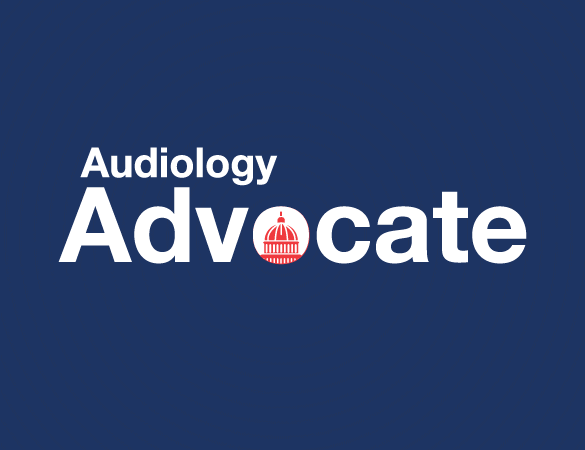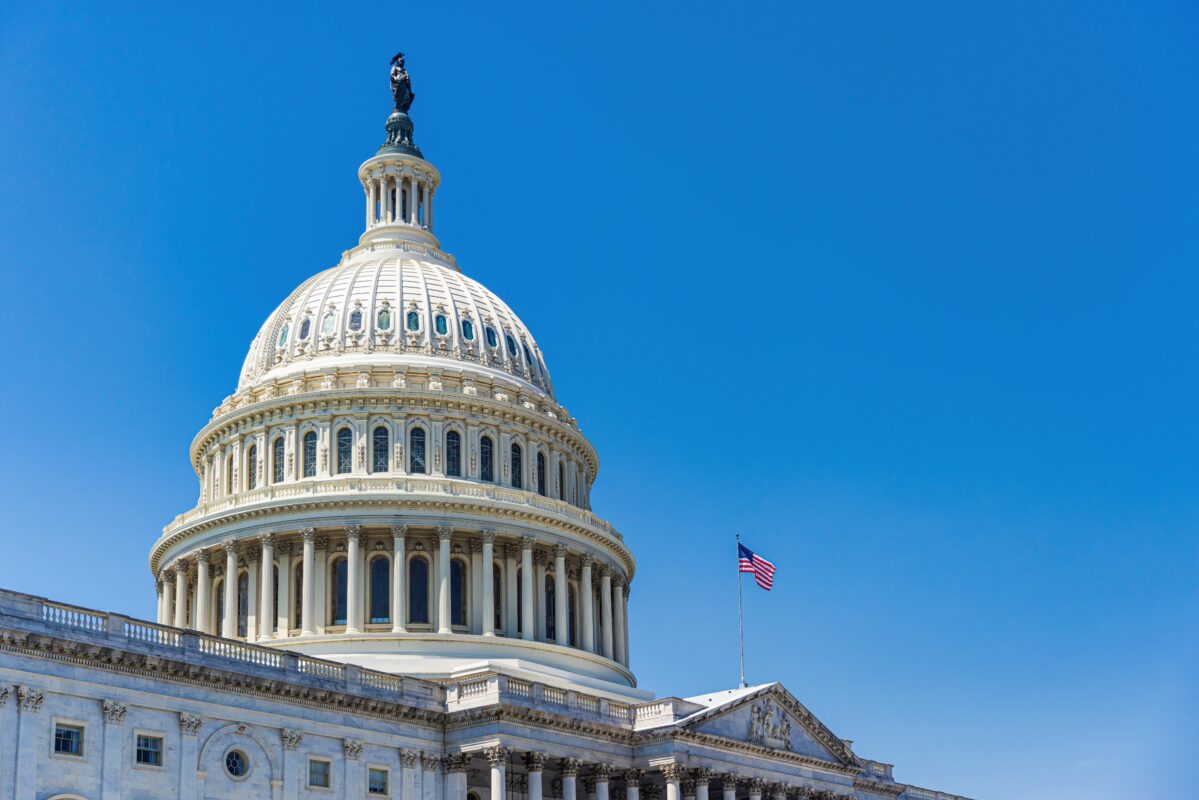Federal Affairs
The Academy advocates for national policies that elevate hearing health care and amplify the voice of audiology. Learn more about our issues and how to get involved.
State Affairs
The Academy monitors legislative and regulatory affairs in all 50 states to ensure the interests of audiologists are represented.
Legislative Action Center
Audiologists can stay informed on pending legislation and easily contact their legislators to shape public policy.
Grassroots Advocacy Network
Members of the Grassroots Network actively engage with their members of Congress to ensure our voices are heard when important issues arise. Join today to advance the practice of audiology!

Contact Us
Have questions about our advocacy efforts or want to get involved? We're here to help. Email us at mmoore@audiology.org for more information or to get connected.
Government Relations News
Stay informed with the latest updates and insights from our Government Relations News section, where we cover legislative developments, regulatory changes, and other healthcare policy initiatives impacting the audiology profession.

This quarterly e-newsletter is designed to provide you with a summary of the highlights or “need-to-know” issues that have occurred to date, as well as upcoming events of interest.
Public Policy Statements
Public policy resolutions, statements, and issue briefings recently released by the Academy are listed here.

Medicare Audiology Access Improvement Act Issue Briefing
Third Party Administrators Issue Briefing
Hearing Screenings Issue Briefing
Medicaid in Audiology Issue Briefing
Expanding Access Policy Statement
Cerumen Management

Public Awareness
Stay informed with our Public Awareness resources tailored for audiologists. Explore the latest updates and educational materials to enhance your practice and support your patients' needs.
Political Action Committee
Achieving advocacy success is a cornerstone of the Academy’s strategic plan. Through the Academy’s Political Action Committee (PAC), our Government Relations team ensures the audiological practice has a voice in shaping public policy.


